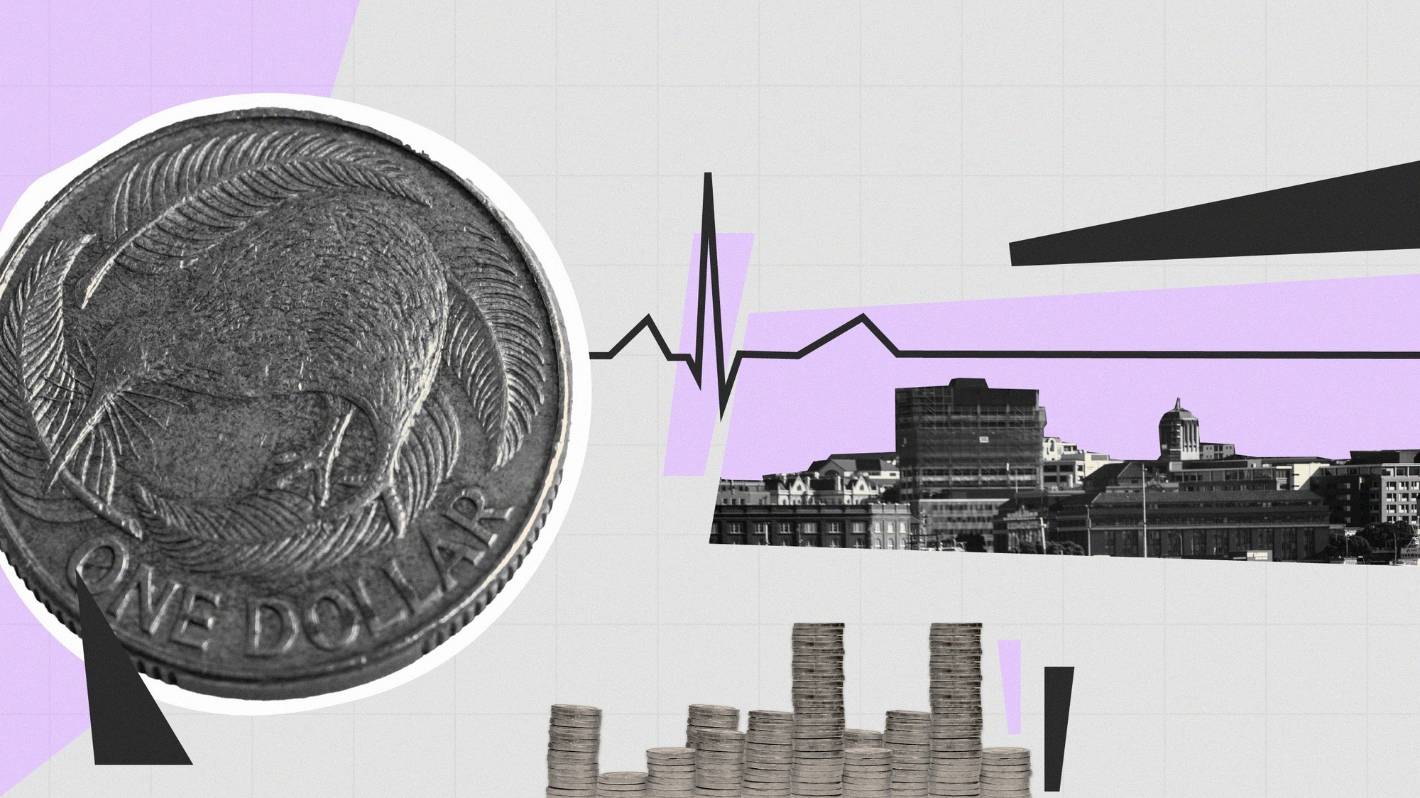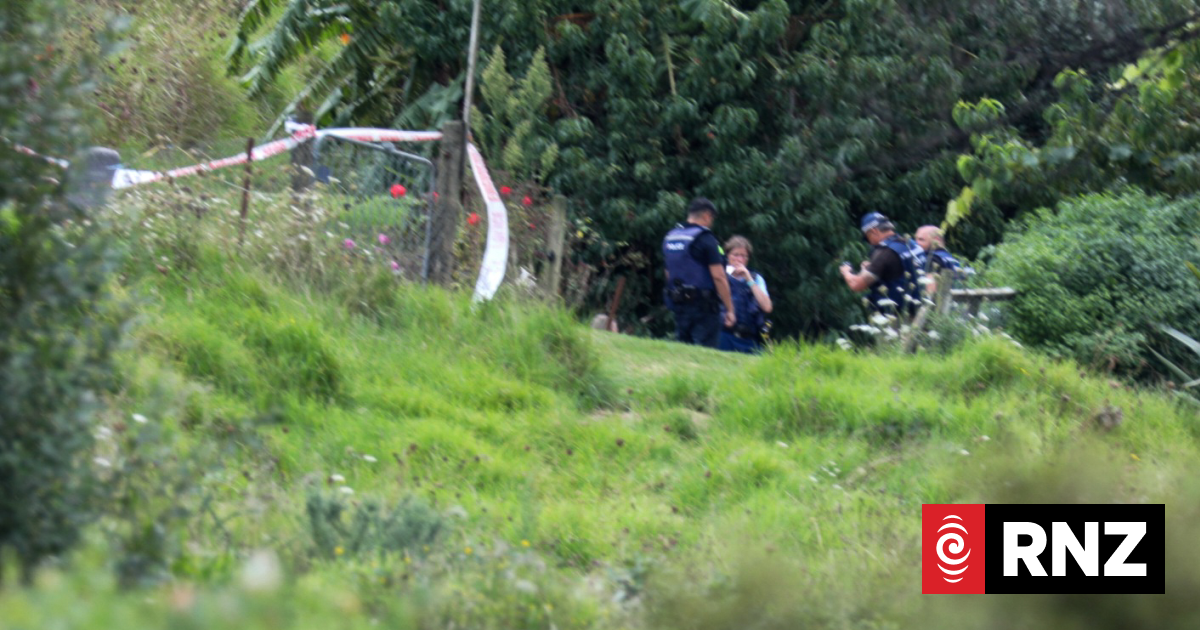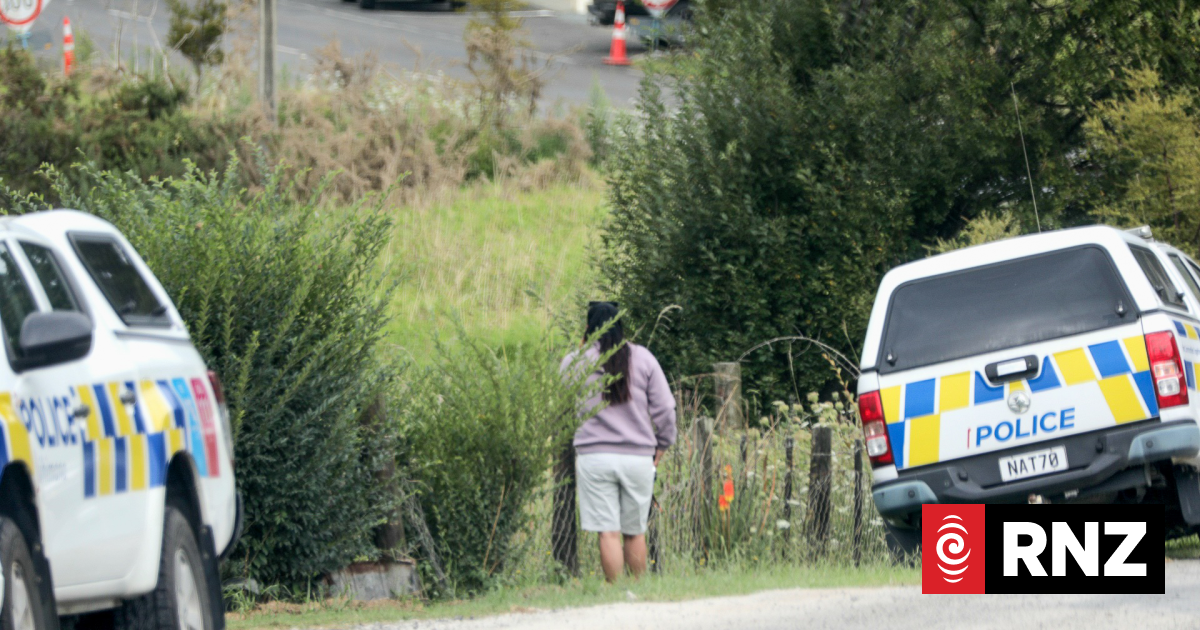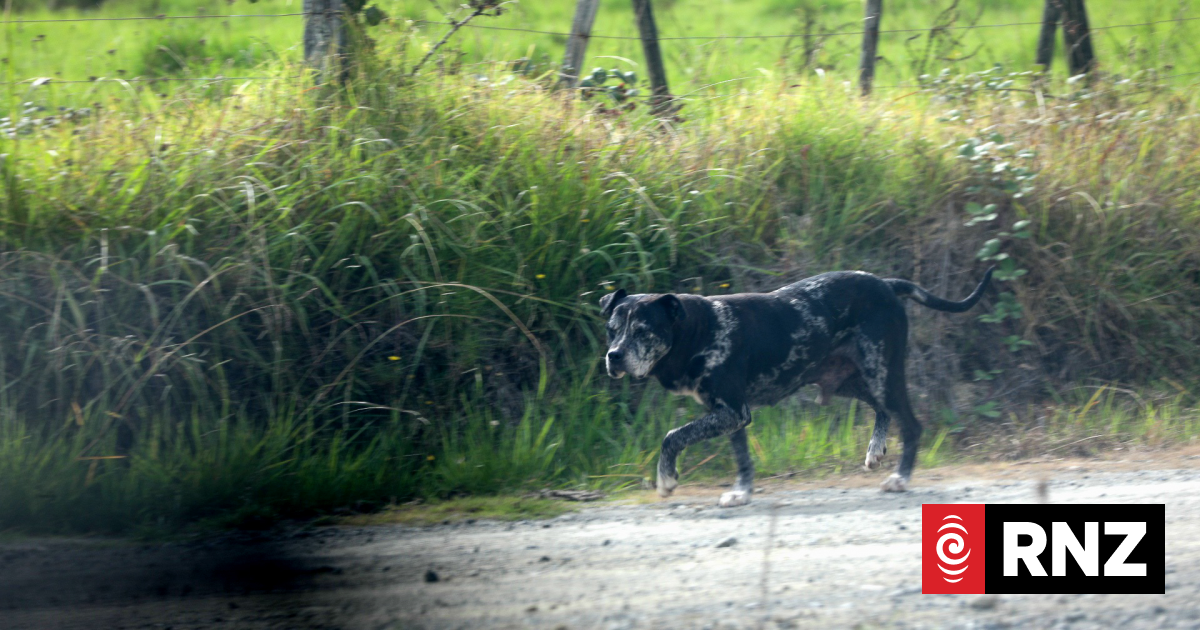With inflation hitting a record high of 7.3%, the Government’s $350 cost of living payment will not make much difference to working whānau struggling to make ends meet, budget advisors say.
Finance Minister Grant Robertson visited Northland on Tuesday and said locals, like all New Zealanders, would be feeling the pain of inflation at the supermarket and petrol pump.
The $350 cost of living payment – for workers earning under $70,000 a year and not getting the winter energy payment – would particularly benefit the region, he said.
“The proportion of people in Northland who earn $70,000 or less is higher than in some other parts of the country, so Northland will benefit more from the cost of living payment.”
READ MORE:
* Whānau choosing between food and shelter as inflation rises
* Shopping, takeaways, new car: what NZ households will chop to cope with inflation
* ‘More pain’ expected as inflation runs hotter than a Government can handle
Those eligible will receive three payments of $117 over three months, starting August 1.
SUNGMI KIM/Stuff
The pressures on low-income earners will continue as mortgage rates go up, budget advisors predict. (File photo)
The average yearly earnings for a Northlander are $58,300 – much less than the New Zealand average of $65,900.
But the payment of $117 a month was not going to go far against rising prices, Nita King-Godfrey, manager of Kaitāia Community House and Family Budgeting Service, said.
“It’s probably only going to provide a few staples – maybe some bread, milk, butter and maybe some jam – but it will be gone very quickly.”
King-Godfrey said everyone seemed to be struggling and more workers were coming in for budgeting advice.
DAVID WHITE/STUFF
Everyone seems to be struggling in Kaitāia, says Kaitāia Community House and Family Budgeting Service manager Nita King-Godfrey. (File photo)
“They’re struggling – the food prices go up and the cost of living goes up and although the minimum wage went up this year, it’s still not keeping up with the living costs.”
Buying food was often hard for whanāu and, with just one supermarket in Kaitāia, often the cheapest budget brands were sold out, she said.
The pain would continue to be felt as mortgage rates went up alongside the official cash rate (OCR), she expected.
King-Godfrey said many whānau thought money was a taboo subject, but she advised people to visit the budgeting service sooner rather than later for a financial check-up, with appointments available after-hours for those who couldn’t afford to take time off work.
Mid North Budgeting Service manager Kane Lyden said the $350 payment would be welcomed by low-income earners.
“It will definitely help them – it’s something that they didn’t have before.”
The Kaikohe-based service had also seen working whānau struggling to make ends meet, especially in one-income households, Lyden said.
Most people would spend the payment on the basics, such as petrol, groceries and rent, she said.
King-Godfrey advised people to put the payment aside for key staples or use the money to pay off debt, including credit cards.
Robertson said the Government was also trying to help ease the cost of living by extending the cut to fuel excise tax, road user charges and half-price public transport fares until January 31, 2023.
The Government was also addressing high food costs by looking to improve supermarket competition and appointing a grocery commissioner, he said.
Both National and ACT said the Government should address inflation by cutting income taxes and slashing government spending.




